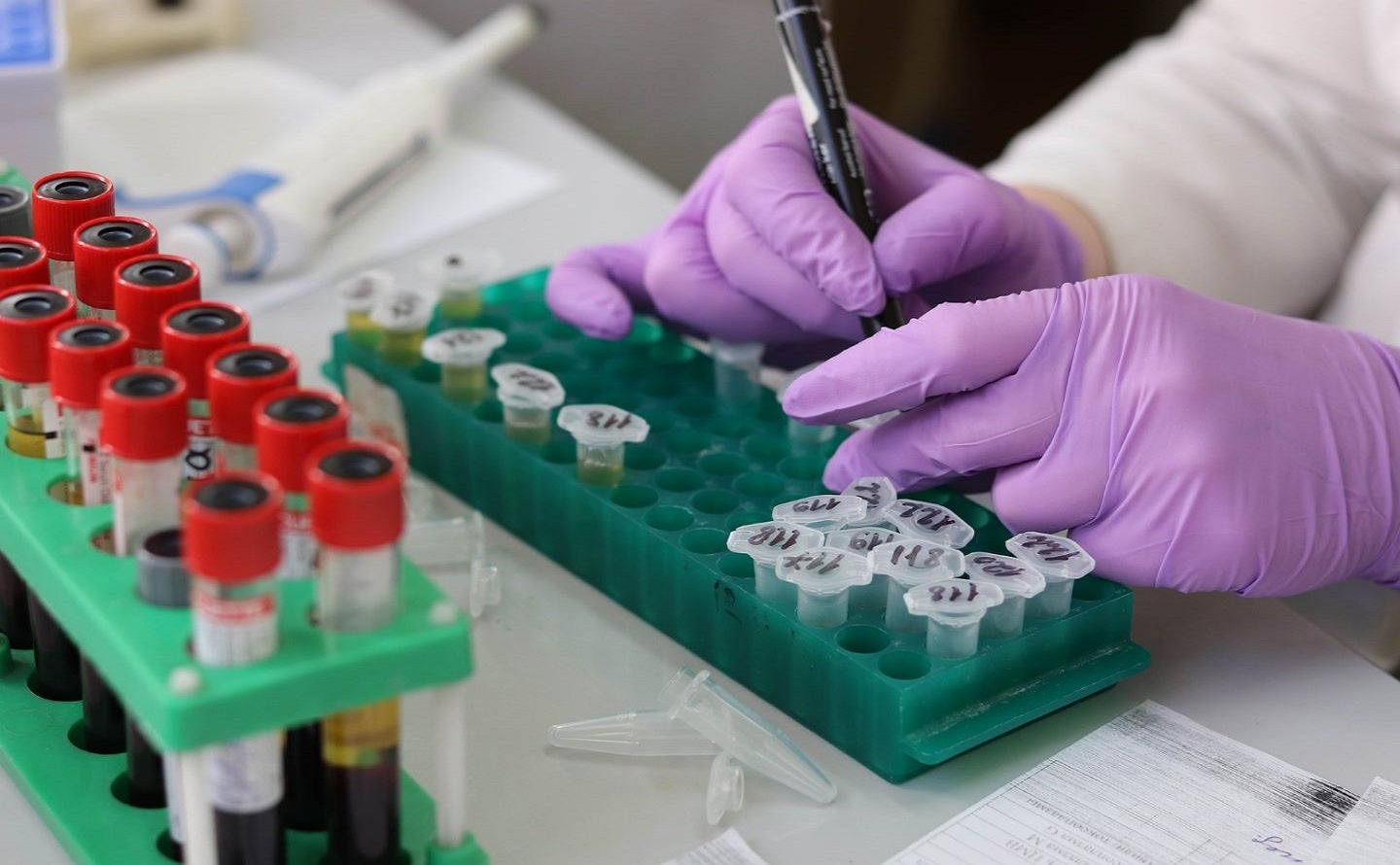
Natera has announced the use of its Signatera molecular residual disease (MRD) test in a breast cancer trial, TREAT ctDNA, which will assess oral endocrine monotherapy elacestrant (Orserdu).
Signatera is a personalised, tumour-informed test intended for patients earlier diagnosed with cancer.
Available for clinical and research use, the test utilises circulating tumour DNA for detecting and quantifying cancer left in the body, as well as identifying recurrence earlier than standard-of-care tools.
The European Organisation for Research and Treatment of Cancer (EORTC) Breast Cancer Group, in collaboration with Natera and Menarini Group, is carrying out the global, multi-centre, randomised Phase III clinical study.
The trial’s primary objective is to assess whether elacestrant can delay and/or prevent distant metastasis or death occurrence when compared with standard endocrine therapy in ER+/HER2- early-stage breast cancer patients with molecular relapse.
More than 200 patients who are ctDNA-positive, as determined by Signatera, will be randomly assigned to either continue their standard endocrine treatment or switch to elacestrant.
Access the most comprehensive Company Profiles
on the market, powered by GlobalData. Save hours of research. Gain competitive edge.

Company Profile – free
sample
Thank you!
Your download email will arrive shortly
We are confident about the
unique
quality of our Company Profiles. However, we want you to make the most
beneficial
decision for your business, so we offer a free sample that you can download by
submitting the below form
By GlobalData
Both the control and experimental arm patients are anticipated to benefit from timely detection of recurrence.
Expected to start by the end of this year, the study intends to screen 1,900 patients at over 120 sites in 12 European countries.
Natera oncology chief medical officer Minetta Liu said: “Collaborations with leading clinical trial organisations like EORTC are needed as we seek to demonstrate the power of treatment on molecular recurrence across cancer indications.
“We believe this represents a paradigm shift in a patient’s cancer journey, wherein ctDNA testing may serve as a critical tool to catch relapse earlier, enable treatment while disease burden is still low and ultimately improve patient outcomes.”
In September this year, Natera revealed that its Signatera test is also used in the I-SPY 2 trial to monitor response to neoadjuvant therapy in patients with breast cancer across all subtypes.

Sign up for our daily news round-up!
Give your business an edge with our leading industry insights.
